Publications
Articles, publications, books, tools and multimedia features from the U.S. Institute of Peace provide the latest news, analysis, research findings, practitioner guides and reports, all related to the conflict zones and issues that are at the center of the Institute’s work to prevent and reduce violent conflict.
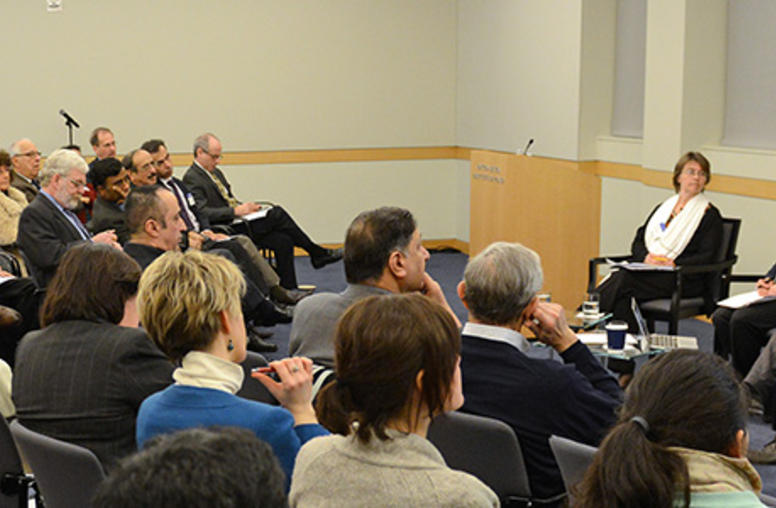
Pakistan’s Tumultuous Media May Play Surprising Role
Pakistan’s media are changing as rapidly – and with as much volatility – as the rest of the country, and the debate over whether its role has been helpful or destructive to the nation’s emerging democracy can be equally vociferous. Two recent research projects examined elements of that question and largely found that the media may be more constructive than most observers think.
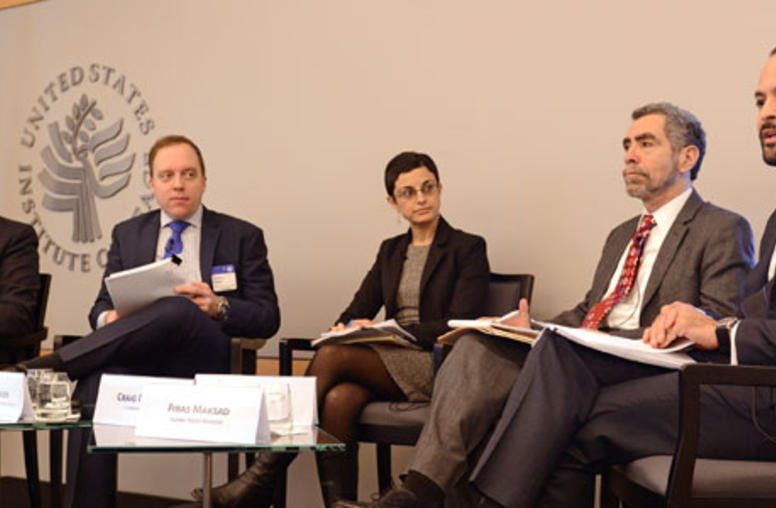
Syrians Still Hoping for Justice and Accountability for Abuses
New research findings from the Syria Justice and Accountability Centre (SJAC), a Syrian-led nonprofit organization based in The Hague, indicate that even as Syrians are caught up in a vicious, increasingly sectarian war, they generally want a negotiated peace settlement that will allow coexistence and establish accountability for abuses committed on both sides.
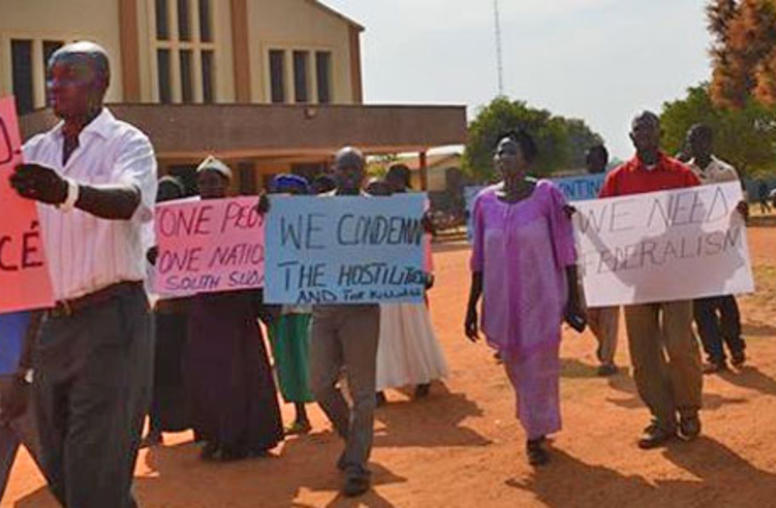
South Sudan’s Religious Unity Can Help Heal Wounds of Violence
South Sudan is a country that originated from the throes of conflict with religious overtones. Yet the constructive role of religious leaders during the new fighting that began more than a month ago is a reminder that they can play a critical part in getting the country back on a path to peace.
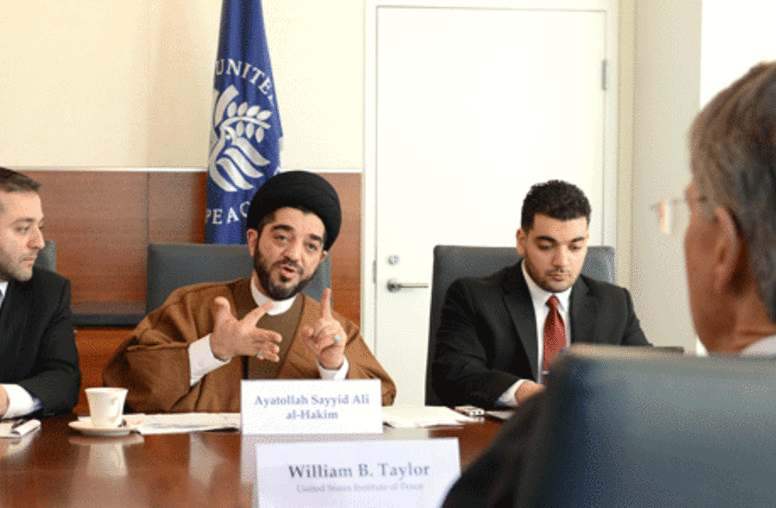
Iraqi Shiite Figure Advocates Civic, Not Religious State at USIP
An influential Iraqi Shiite scholar used a visit to the U.S. Institute of Peace (USIP) to argue that even amid the growing Shia-Sunni tensions and violence besetting his country, religious leaders there should support a civic rather than a sectarian conception of state affairs and politics.
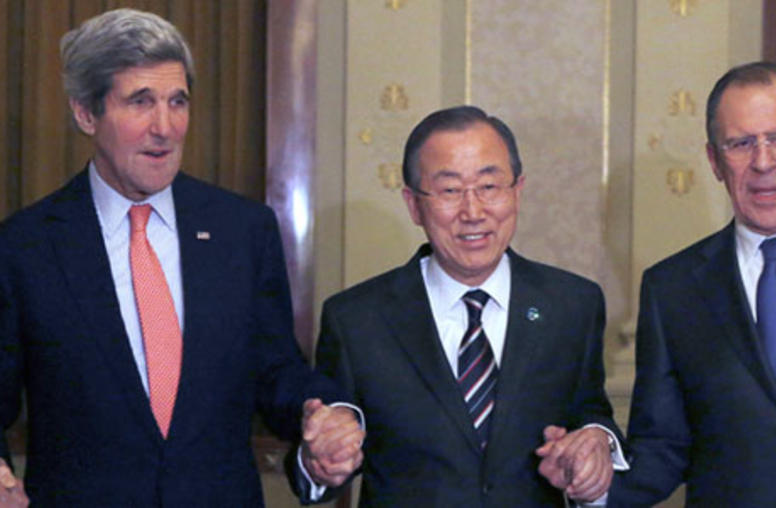
Could discussing humanitarian issues lead to disaster at the Geneva II talks?
Could discussing humanitarian issues lead to disaster at the Geneva II talks?
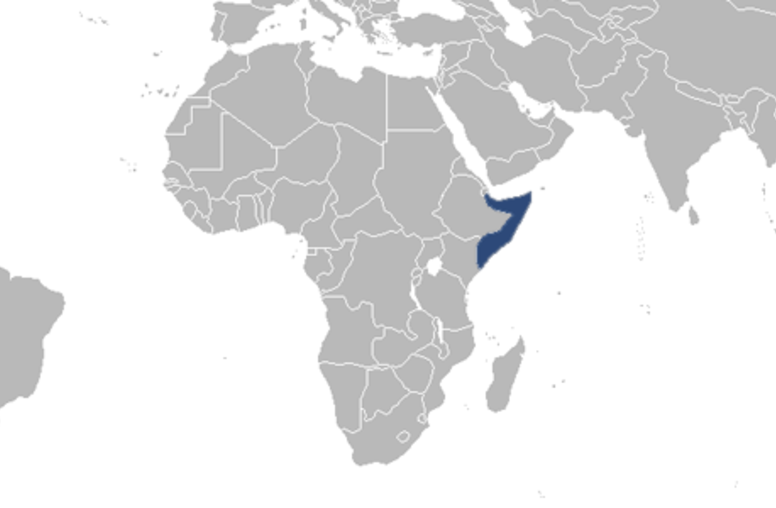
Somalia’s Federal Agenda May Get Boost with New Regional President
The third presidential election in Somalia’s semi-autonomous state of Puntland has brought about a change in leadership that might help enhance stability in the Horn of Africa. While it is too early to predict how the shift will ultimately play out in the region, the election of Abdiweli Mohamed Ali Gaas may prove a crucial catalyst for Somalia’s stalled process toward federalism.
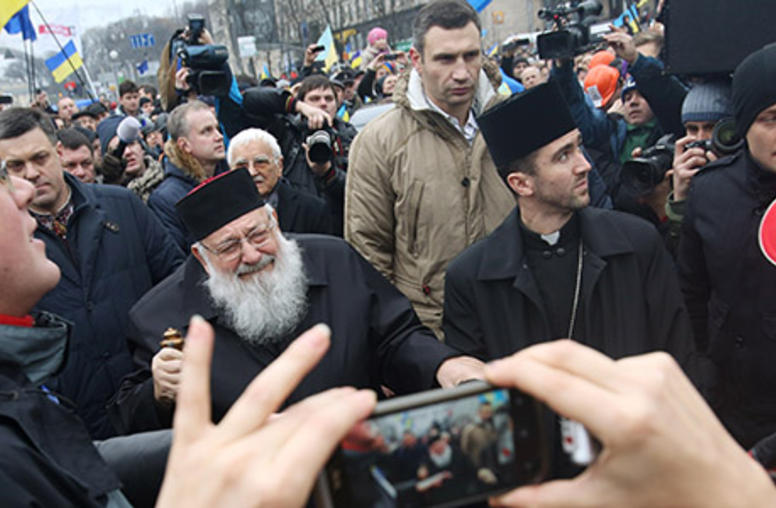
Media That Moves Millions
Three years to the month since protests swept across the Middle East, the new year once again sees peaceful demonstrators facing off against hardened and sometimes violent security forces, this time in the Ukraine. And like in the Arab Spring, social media is being said to play a significant and potentially decisive role in empowering Euromaidan protesters in ways that couldn't have been imagined a decade ago.
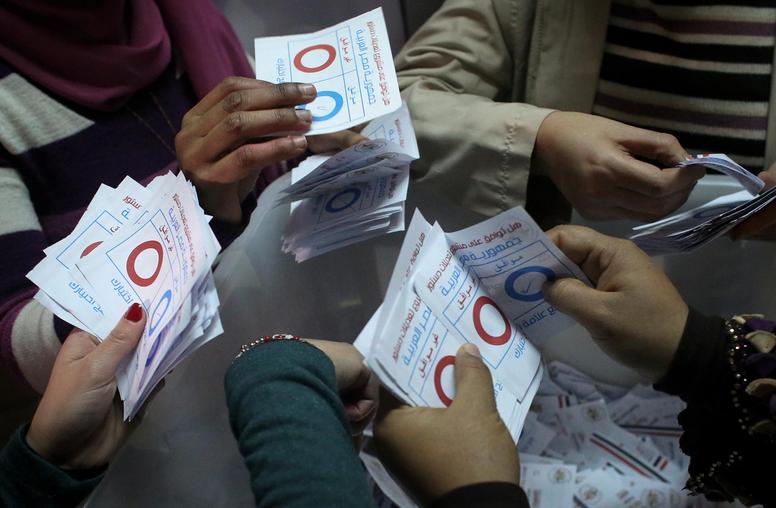
Q&A Egypt’s Post-Referendum Mood
Egyptians went to the polls on Jan. 14-15 to vote on a new constitution, the third referendum on a charter since the spring 2011 uprising that ultimately toppled authoritarian President Hosni Mubarak. Manal Omar, USIP’s associate vice president for the Middle East and Africa, has been on the ground in Cairo and discusses the significance of the vote, the issues involved, and the prospects for Egypt’s political system going forward.
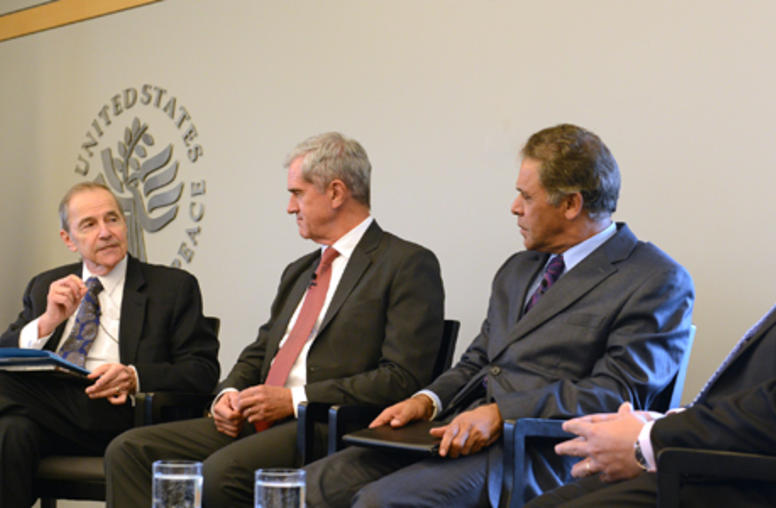
Considering the Lessons of Mandela’s Legacy and South Africa’s Reconciliation
Though the politics and causes of conflicts differ significantly, the experience of South Africa’s peaceful, negotiated turn from racial apartheid to democratic majority rule suggests that a few principles exemplified by the late Nelson Mandela’s leadership are broadly applicable to other conflicts with hardened divisions, according to former participants in the South African transformation who gathered this week at the U.S. Institute of Peace (USIP).
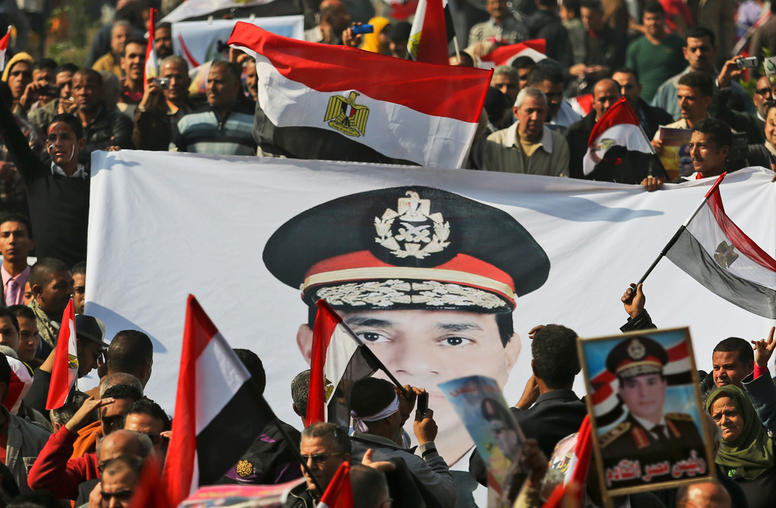
'We Want to Move On'
CAIRO — The first day of a much-hyped constitutional referendum confirmed two things that most Egyptians already knew. First, this third referendum in as many years has little to do with the actual document being voted on. And second, there is virtually no question of what the result will be: The constitution will pass by a landslide.